Cosmic mystery: lonely black hole abandoned in the middle of the galaxy, a slap in the face of the scientific community
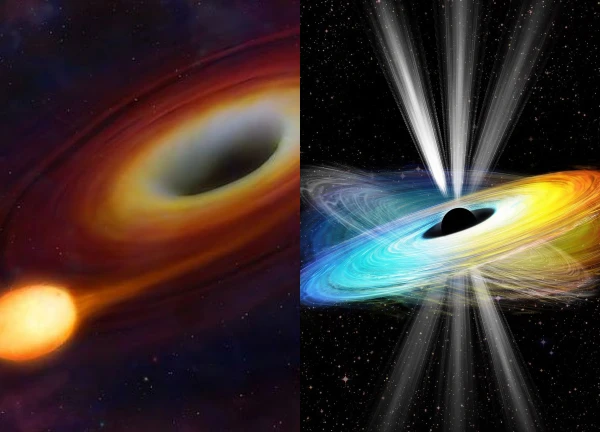
2 | 0 Discuss | Share
Collisions between giant planets not only leave physical traces but also create seismic waves that last for millions of years, and we can still "hear" them. Scientists have begun to decipher the mysteries of the 'cry for help' coming from the universe.
In the vast, silent void of space, where light travels at incredible speeds and distances are measured in light years, scientists have stumbled upon a strange “echo.†Not sounds as we understand them, but ripples in space-time, echoes of cosmic events that shook the universe millions, even billions, of years ago. They wander like sonic ghosts through the cosmos, carrying the story of a distant past that we are only just beginning to uncover.
The early Solar System was like a cosmic battlefield, where planets, moons and asteroids crashed into each other, leaving behind thousands of large and small impact craters, most notably on the surface of the Moon.
But these impacts leave more than just a surface mark. According to a new study published in early 2025, they can trigger seismic oscillations deep inside the planet that can last for millions of years, creating a lingering “reverberation†that can be detected by sophisticated optical instruments like the James Webb Space Telescope (JWST).
The study, led by Dr JJ Zanazzi, a theoretical physicist at the University of California, Berkeley, simulated a collision between two gas giants: a young, smaller planet colliding with a larger, older planet.
The team's goal is to find out whether the collision generated seismic waves large enough and lasting long enough to be observable by radiometric methods (i.e. measuring brightness) from Earth.
Although JWST does not directly record seismic waves, its ability to measure light with extreme precision means it can detect small changes in the light emitted by planets that are the result of internal seismic fluctuations.
The two main types of oscillations mentioned are f-modes (surface oscillations, like waves on the surface of water) and p-modes (pressure oscillations, like sound waves). These oscillations not only affect the planet's atmosphere but also extend deep into the core, changing the way the planet glows over time.
The specific research subject is the planet Beta Pictoris b - a giant, young planet, located about 63 light years from Earth, with a mass about 13 times that of Jupiter and only about 12-20 million years old.
The team simulated a scenario where a planet with a mass similar to Neptune (equivalent to 17 times the mass of Earth) collides with Beta Pictoris b.
The results show that the collision not only contributed to the accumulation of huge amounts of heavy metals (from 100 to 300 Earth masses) but also created seismic oscillations that could last for a period equivalent to the planet's lifetime.
If the collision occurred between 9 and 18 million years ago, those oscillations could still exist today and be detectable by JWST.
Not only providing information about the internal structure of the planet such as material density and stratification, these oscillations help trace back the formation and evolution of the planet, and open up new research directions in extrasolar planetary seismology.
The study also suggests that not only collisions, but also orbital migration due to tidal gravitational forces from the host star can stimulate oscillation modes in the planet, especially in gas giants with highly eccentric orbits.
This is considered a new approach, helping humans "hear" signals from inside distant planets in the universe, even though they are dozens of light years away from Earth.
For now, the millions of years of “echoes†in the universe remain a challenging mystery. Scientists are working to develop ever more sensitive instruments and observational techniques to “listen†to these “echoes†more clearly. Projects such as the James Webb Space Telescope, the Laser Interferometer Gravitational-Wave Observatory (LIGO), and Virgo are opening new doors to explore the universe with unprecedented means.
Secrets of the universe: 55 stars fleeing, signaling an imminent galactic upheaval? 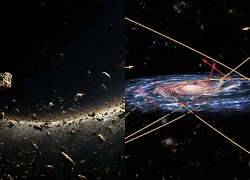 Dan Ny16:52:13 02/04/2025Recently, astronomers have detected 55 stars fleeing from the R136 cluster at supersonic speeds, 80 times the speed of sound on Earth. This strange phenomenon raises many questions about an imminent cosmic upheaval.
Dan Ny16:52:13 02/04/2025Recently, astronomers have detected 55 stars fleeing from the R136 cluster at supersonic speeds, 80 times the speed of sound on Earth. This strange phenomenon raises many questions about an imminent cosmic upheaval.

2 | 0 Discuss | Share
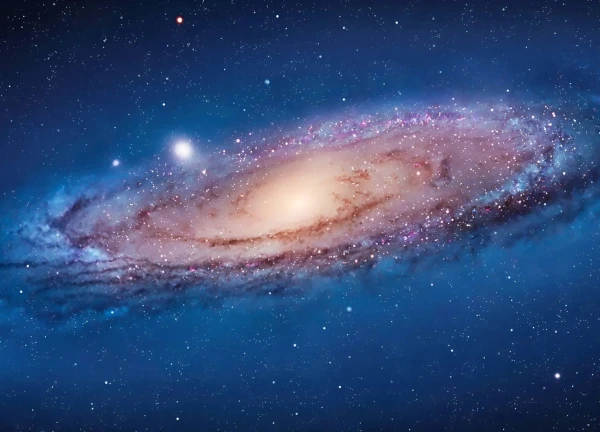
3 | 0 Discuss | Share
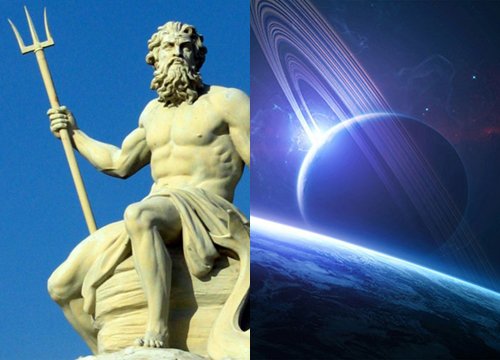
5 | 0 Discuss | Share
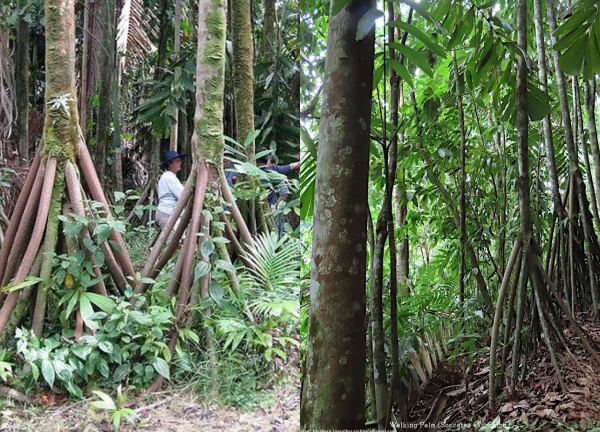
3 | 0 Discuss | Share

3 | 0 Discuss | Share

2 | 0 Discuss | Share

4 | 0 Discuss | Share

2 | 1 Discuss | Share
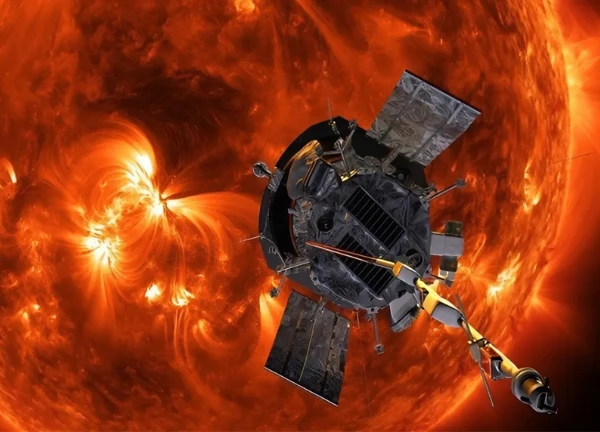
2 | 0 Discuss | Share

4 | 1 Discuss | Share

1 | 1 Discuss | Share

1 | 1 Discuss | Share

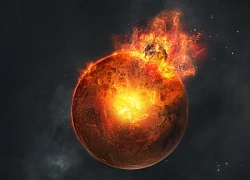

4 | 0 Discuss | Report